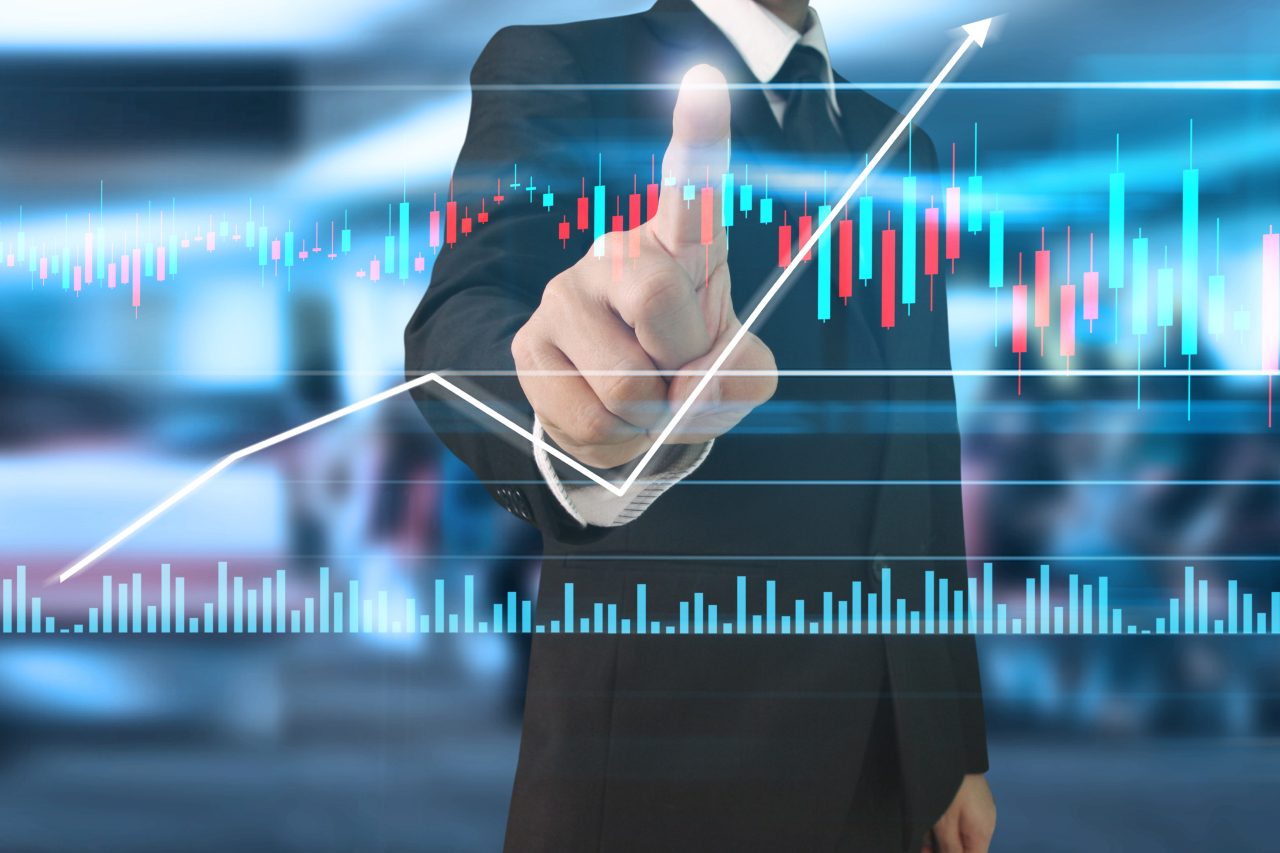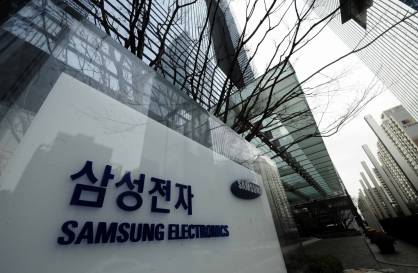Goldman Sachs expects market index upgrade for S. Korea in 2024
By Choi Si-youngPublished : Feb. 14, 2022 - 17:59

Morgan Stanley Capital International, the world’s largest index provider, could reclassify South Korea as a developed market from the current emerging market status as early as 2024, if Seoul works to internationalize currency markets, Goldman Sachs said Monday in a report.
“If Korea addresses MSCI market accessibility concerns, it could be placed on the annual review watchlist this June,” the report said, referring to a necessary step before Korea can be officially included in the developed market index.
Support for the initiative has gained more traction following the announcement by the Finance Ministry in late January that it may extend trading hours of the won spot market and allow overseas dealers to take part in the market.
Currently, only locally licensed institutions can participate in onshore trading from 9:00 a.m. and 3:30 p.m. The won is mainly traded in the nondeliverable forwards market in offshore hours.
MSCI has said Korea needs an offshore currency market to make the transition, but easing the rule and potentially forsaking currency stability has long been contentious for Asia’s fourth-largest economy, which saw the won slip to its lowest during the Asian financial crisis in 1997 and 1998.
“A developed market upgrade could prompt over $44 billion potential incremental foreign investor portfolio flows. … Korea’s persistent valuation discount may narrow,” the report noted, citing the tendency to undervalue the Korean shares in comparison to global peers because of market volatility.
The report added that the incoming capital flows and the new stock valuation would eventually push up the benchmark Kospi, forecasting that the index could climb as high as 3,760 and even reach higher to 4,500 if earnings grow 10 percent a year.
Worries over an earlier-than-expected rate hike by the US Fed has dampened investor optimism since late January when the Kospi slipped below 2,800 -- a first since Dec. 23, 2020, when it closed at 2,759.
“If Korea addresses MSCI market accessibility concerns, it could be placed on the annual review watchlist this June,” the report said, referring to a necessary step before Korea can be officially included in the developed market index.
Support for the initiative has gained more traction following the announcement by the Finance Ministry in late January that it may extend trading hours of the won spot market and allow overseas dealers to take part in the market.
Currently, only locally licensed institutions can participate in onshore trading from 9:00 a.m. and 3:30 p.m. The won is mainly traded in the nondeliverable forwards market in offshore hours.
MSCI has said Korea needs an offshore currency market to make the transition, but easing the rule and potentially forsaking currency stability has long been contentious for Asia’s fourth-largest economy, which saw the won slip to its lowest during the Asian financial crisis in 1997 and 1998.
“A developed market upgrade could prompt over $44 billion potential incremental foreign investor portfolio flows. … Korea’s persistent valuation discount may narrow,” the report noted, citing the tendency to undervalue the Korean shares in comparison to global peers because of market volatility.
The report added that the incoming capital flows and the new stock valuation would eventually push up the benchmark Kospi, forecasting that the index could climb as high as 3,760 and even reach higher to 4,500 if earnings grow 10 percent a year.
Worries over an earlier-than-expected rate hike by the US Fed has dampened investor optimism since late January when the Kospi slipped below 2,800 -- a first since Dec. 23, 2020, when it closed at 2,759.



![[KH Explains] No more 'Michael' at Kakao Games](http://res.heraldm.com/phpwas/restmb_idxmake.php?idx=644&simg=/content/image/2024/04/28/20240428050183_0.jpg&u=20240428180321)




![[Grace Kao] Hybe vs. Ador: Inspiration, imitation and plagiarism](http://res.heraldm.com/phpwas/restmb_idxmake.php?idx=644&simg=/content/image/2024/04/28/20240428050220_0.jpg&u=)


![[Herald Interview] Mom’s Touch seeks to replicate success in Japan](http://res.heraldm.com/phpwas/restmb_idxmake.php?idx=644&simg=/content/image/2024/04/29/20240429050568_0.jpg&u=)







